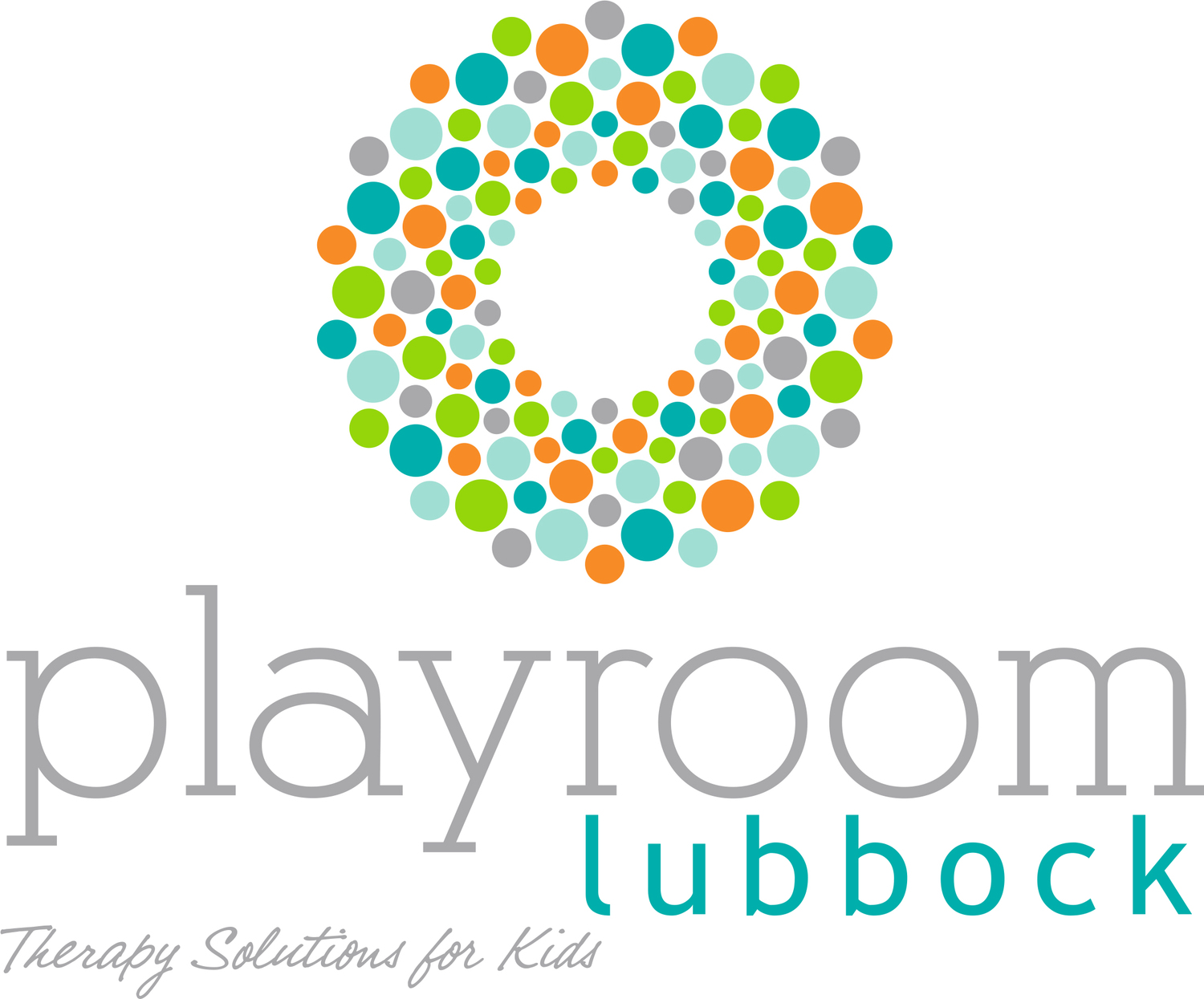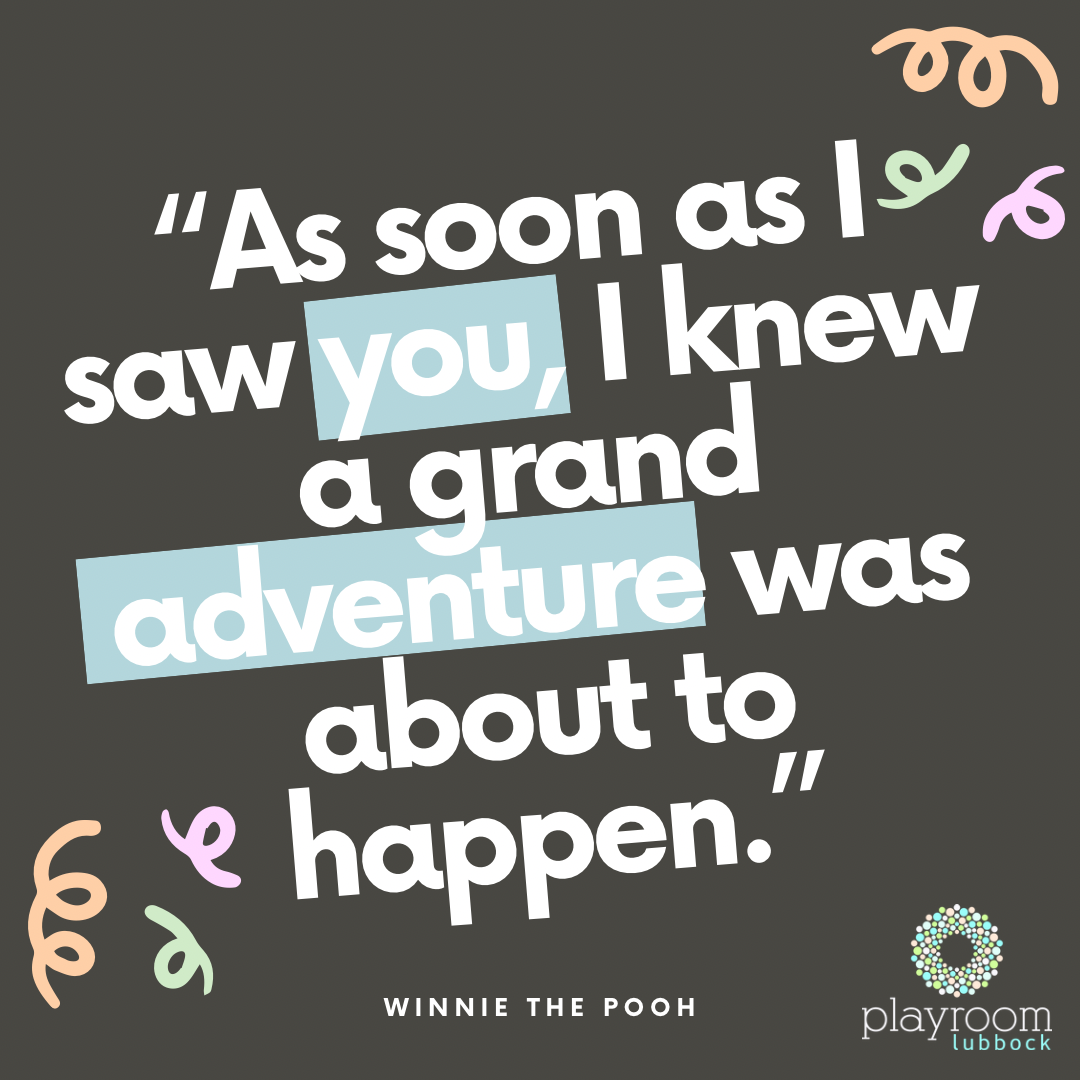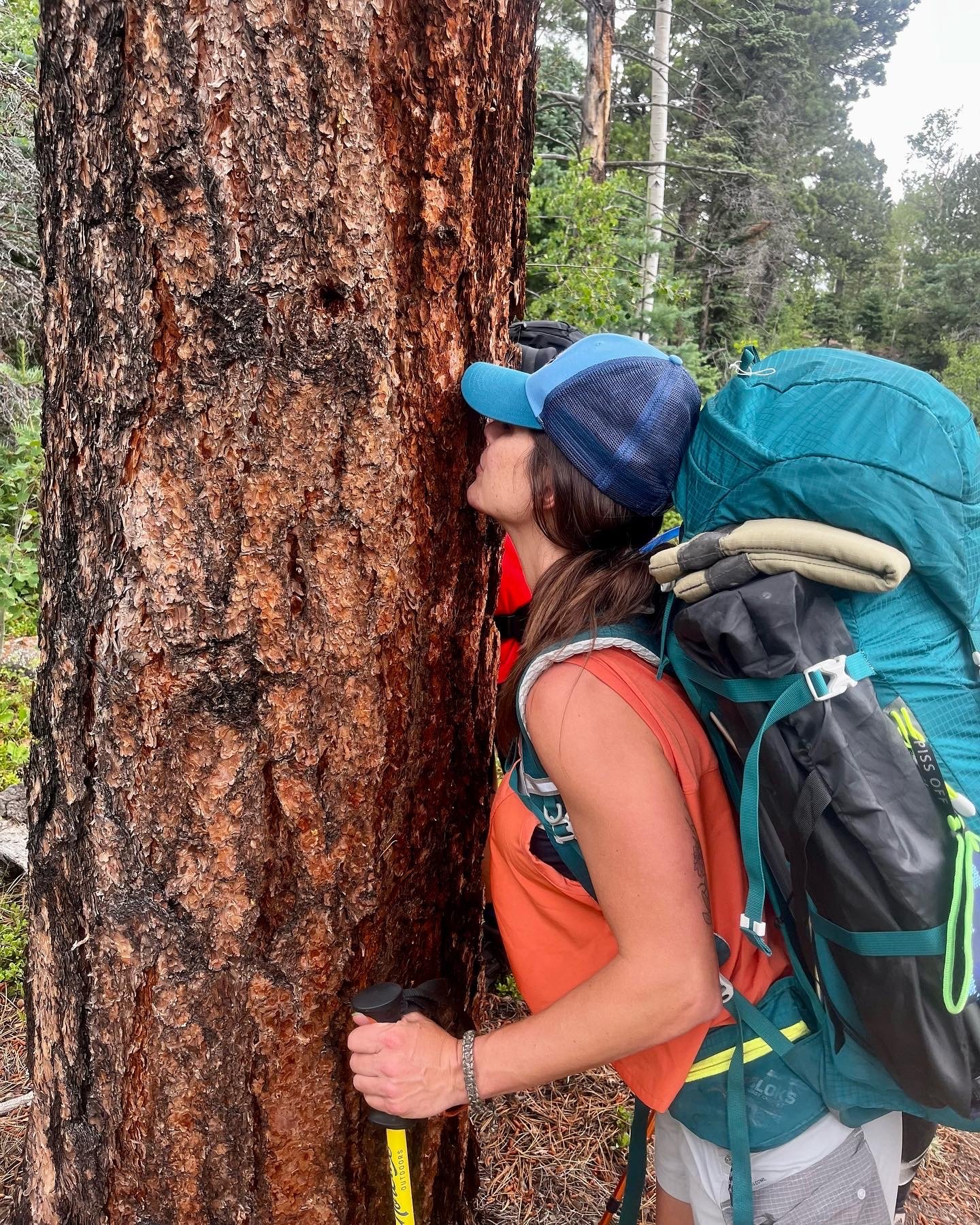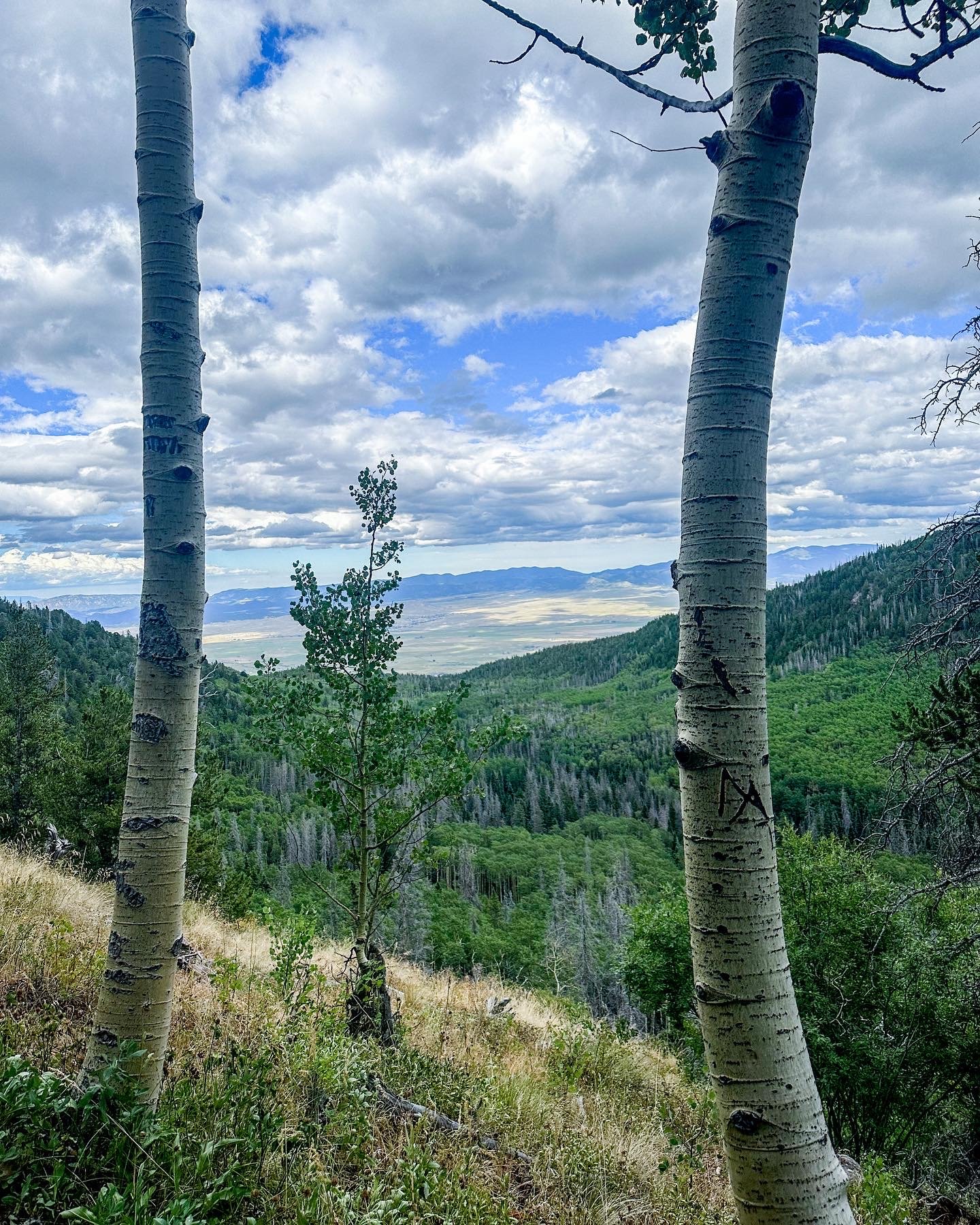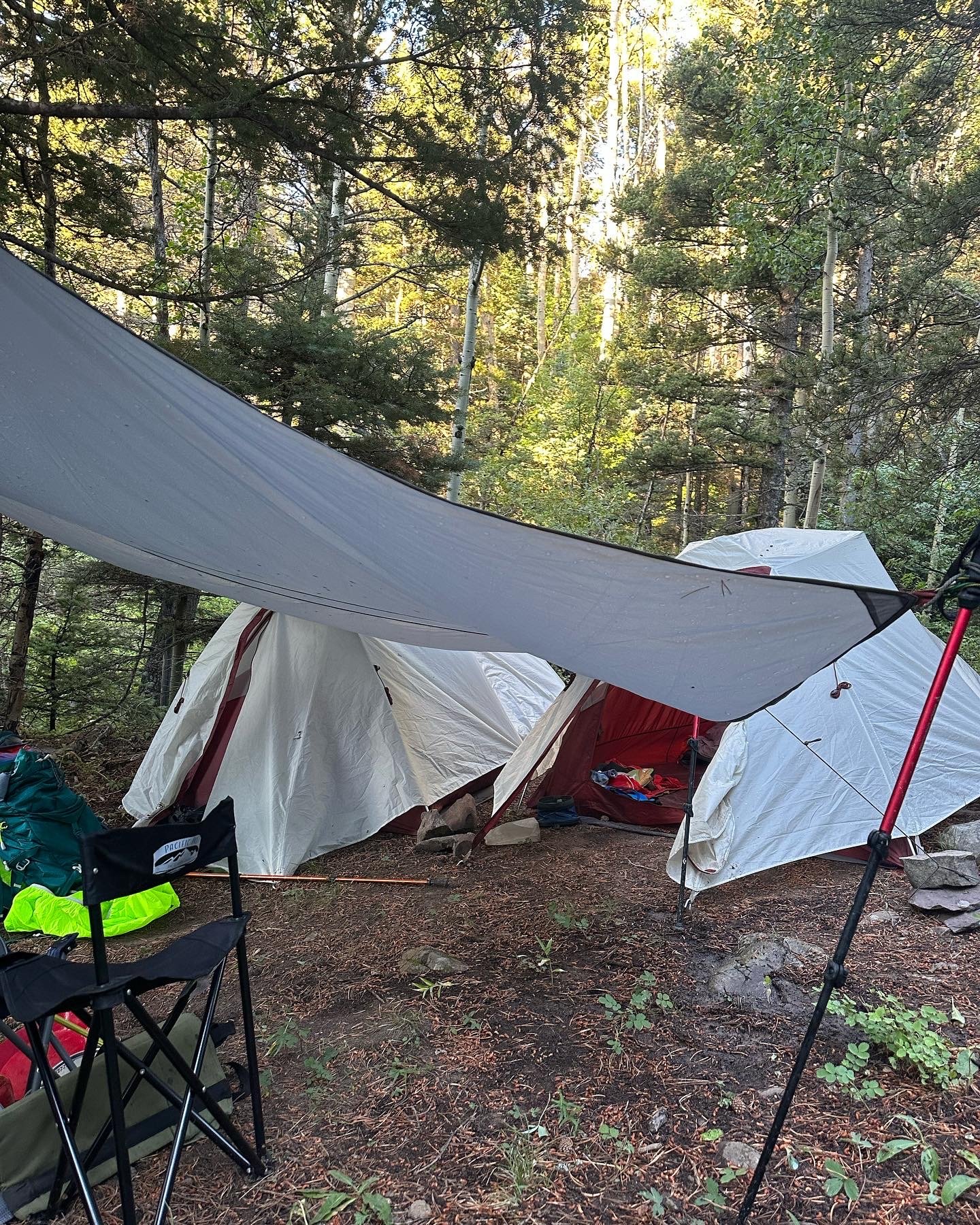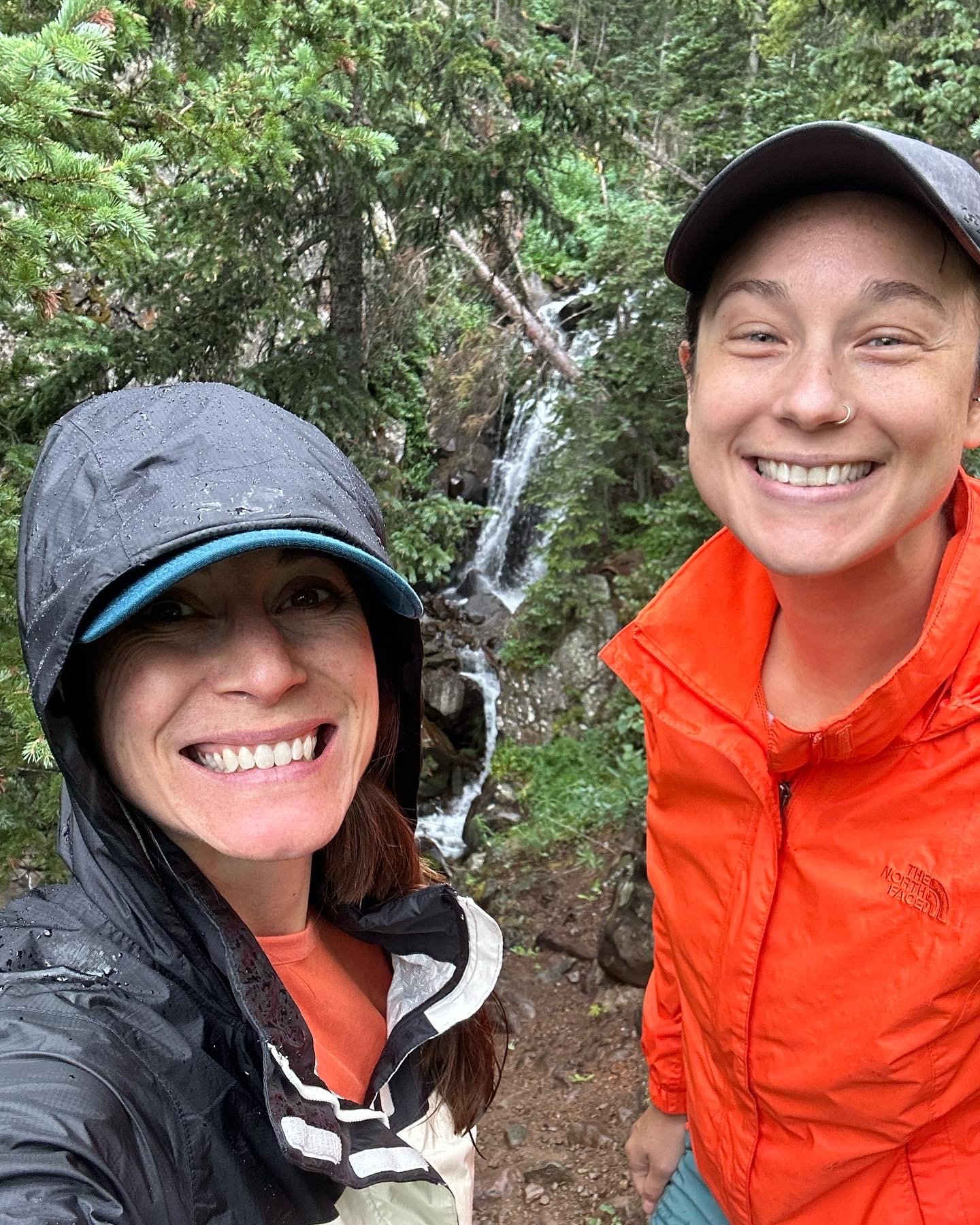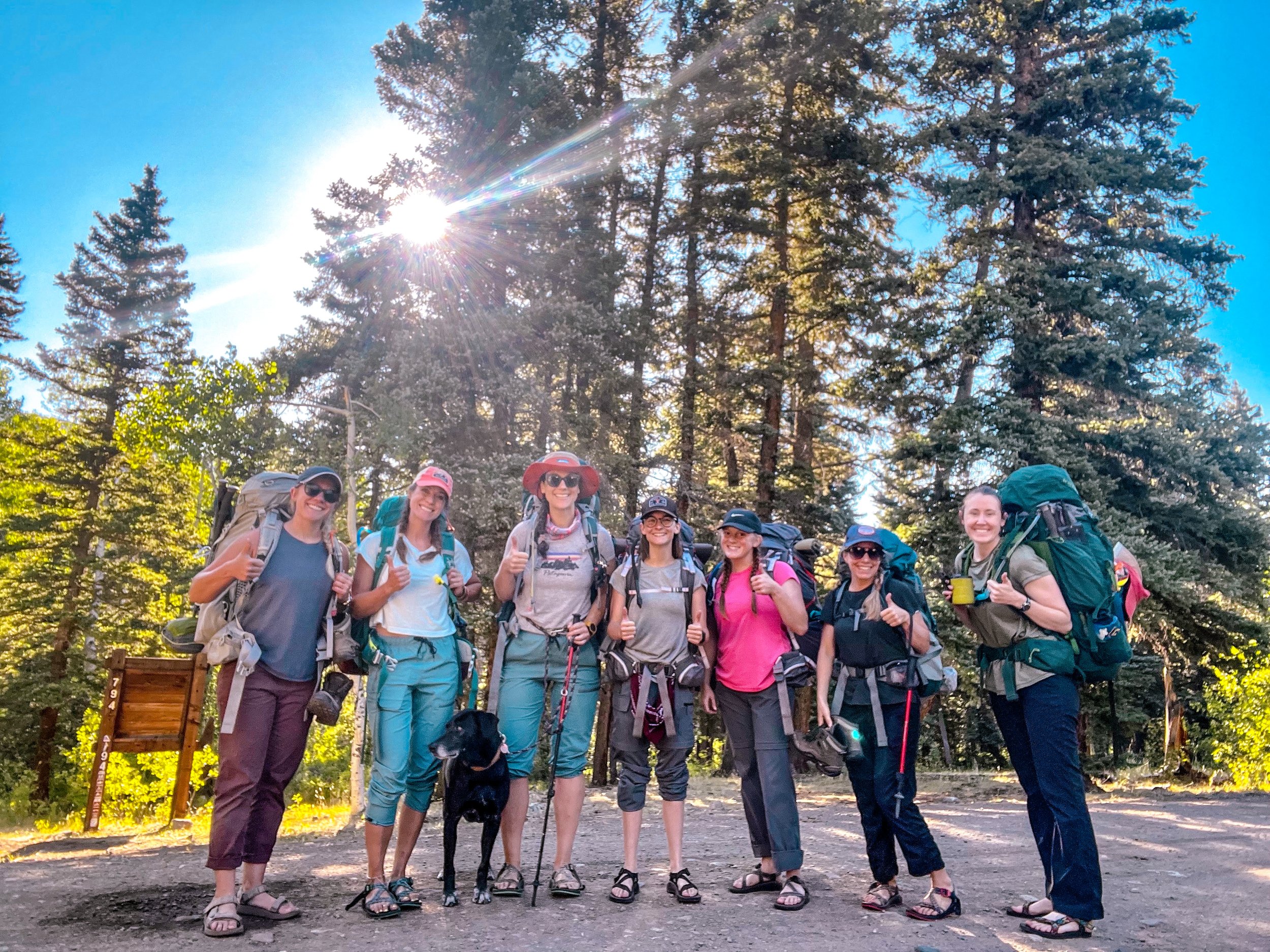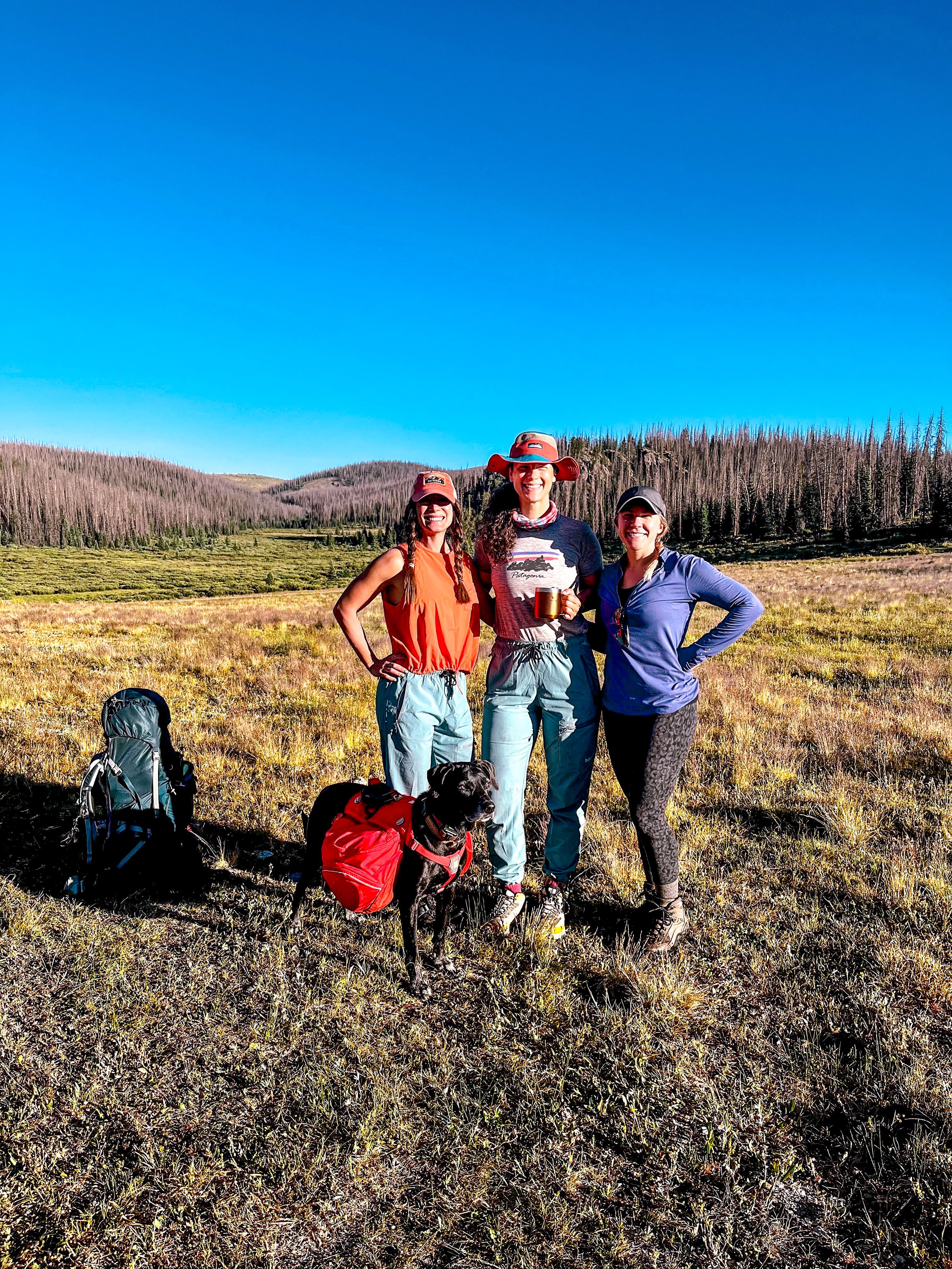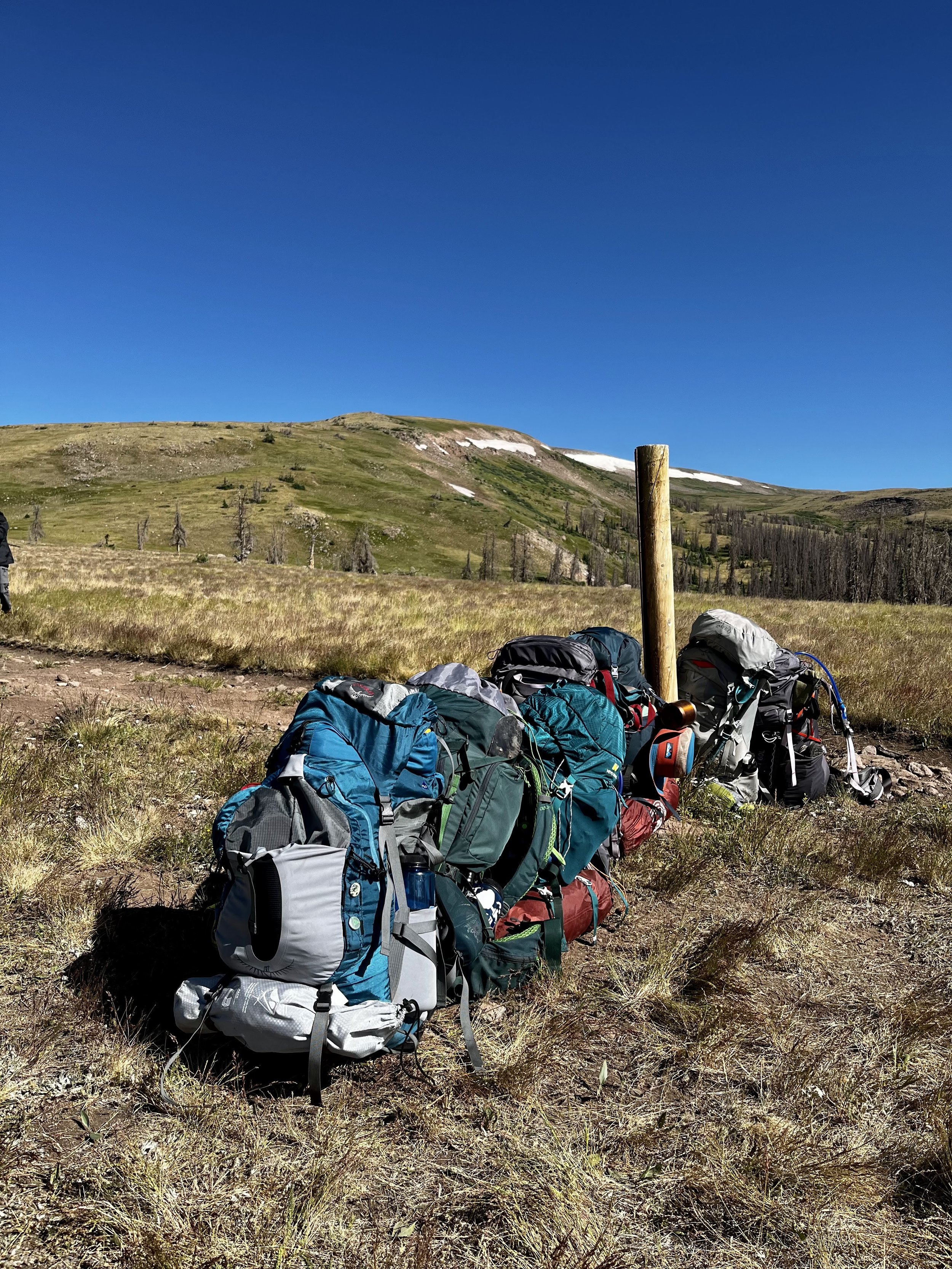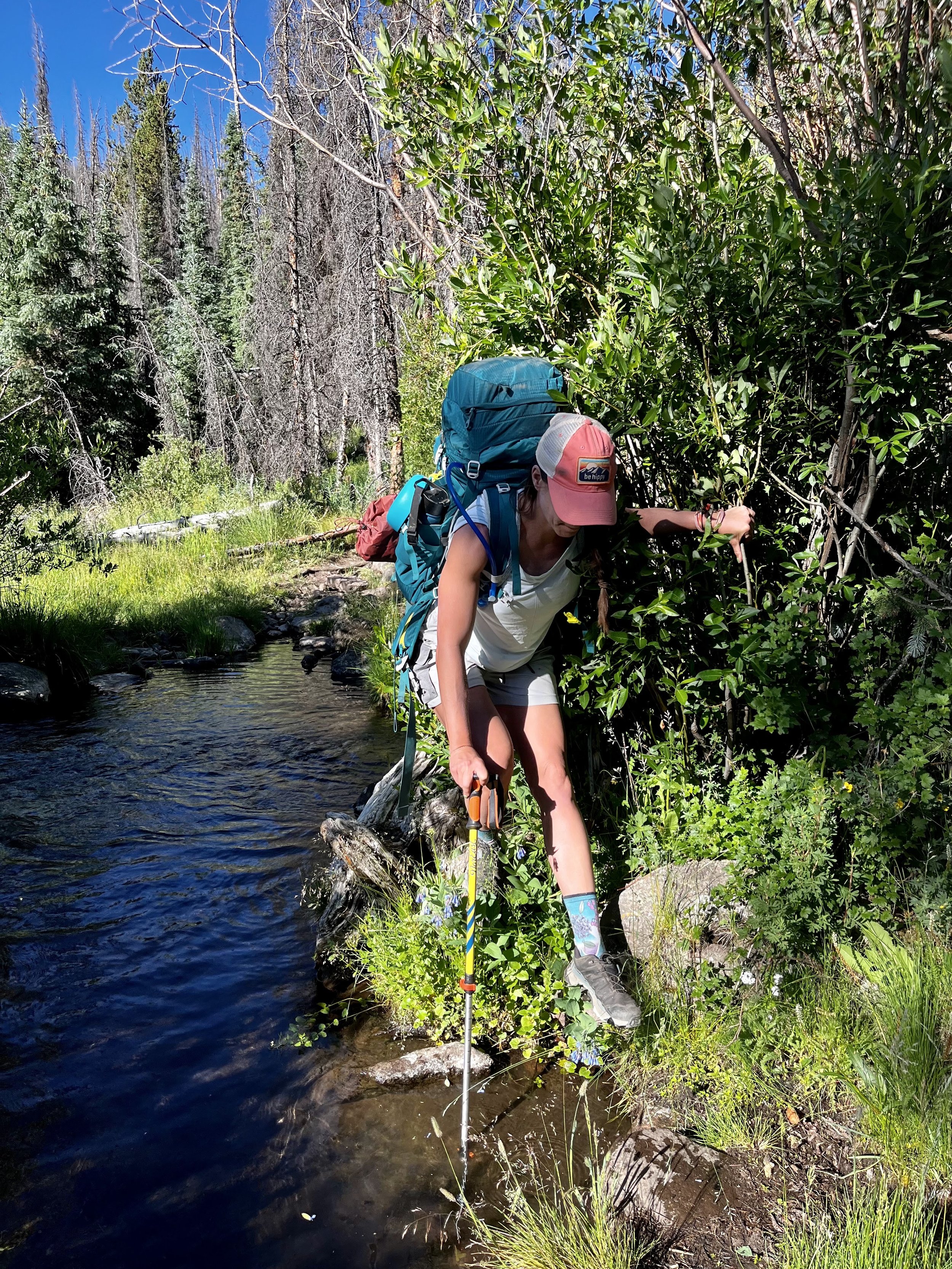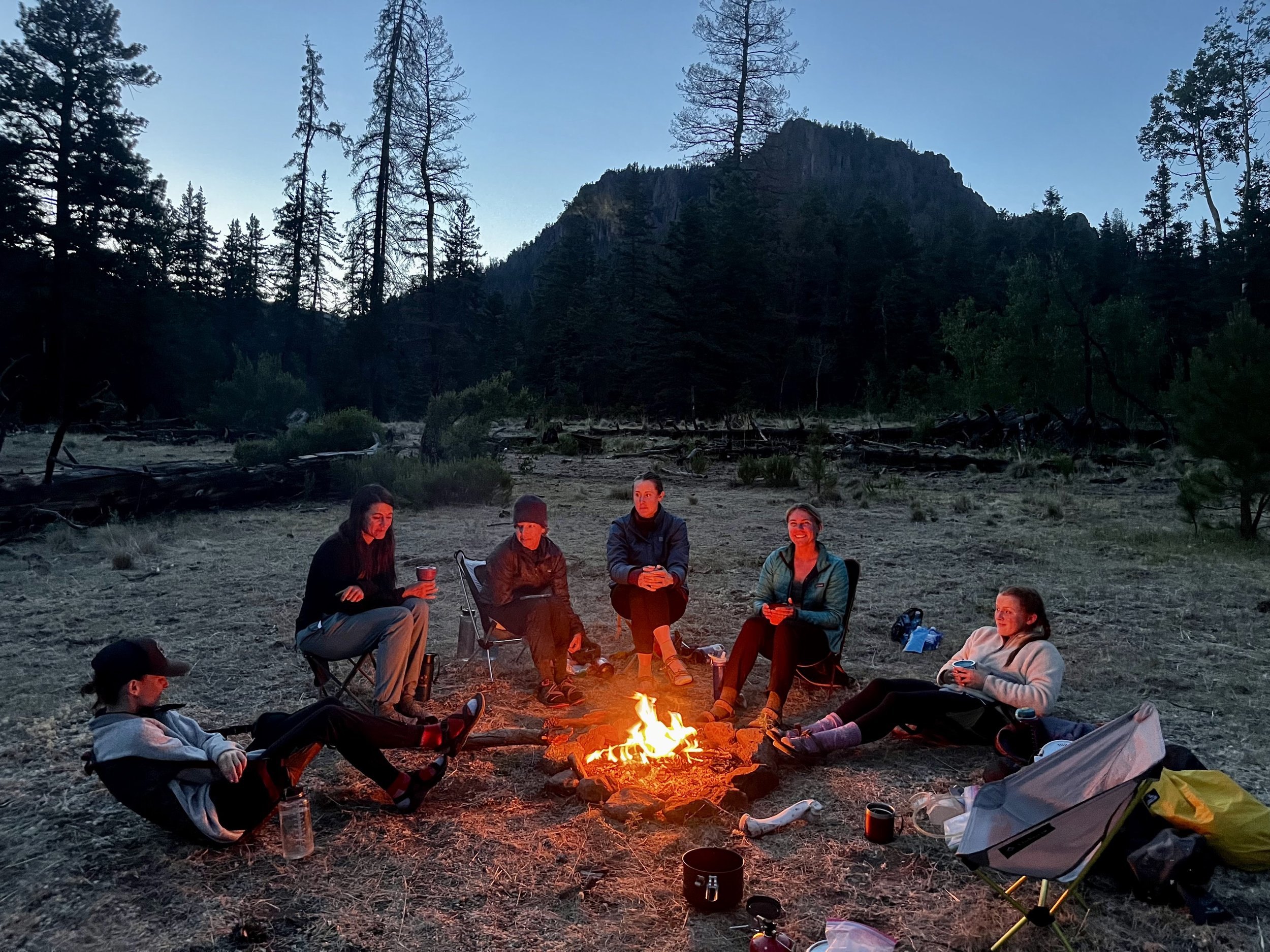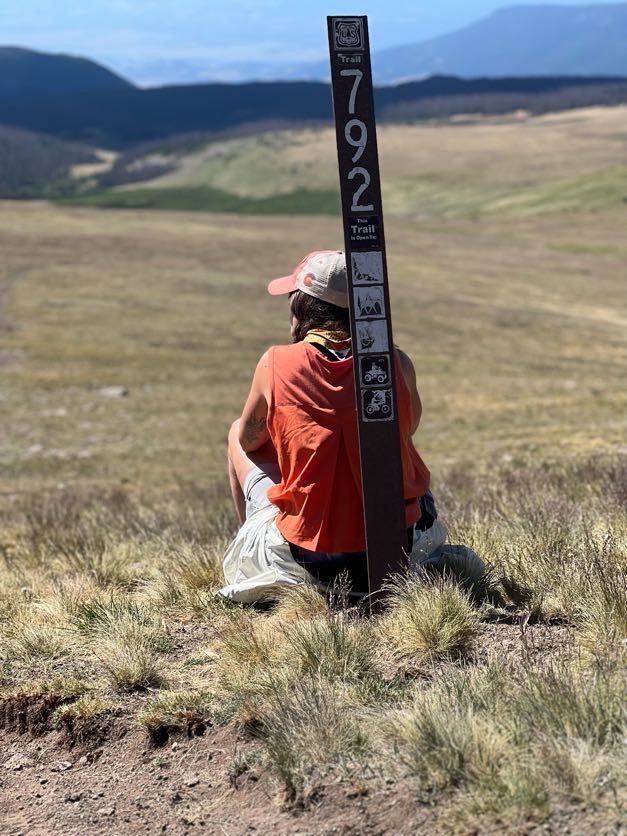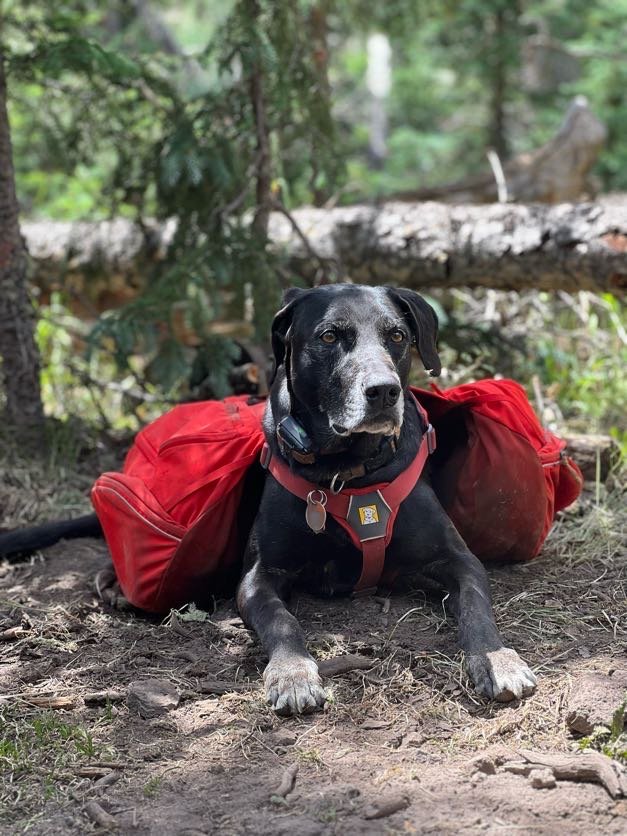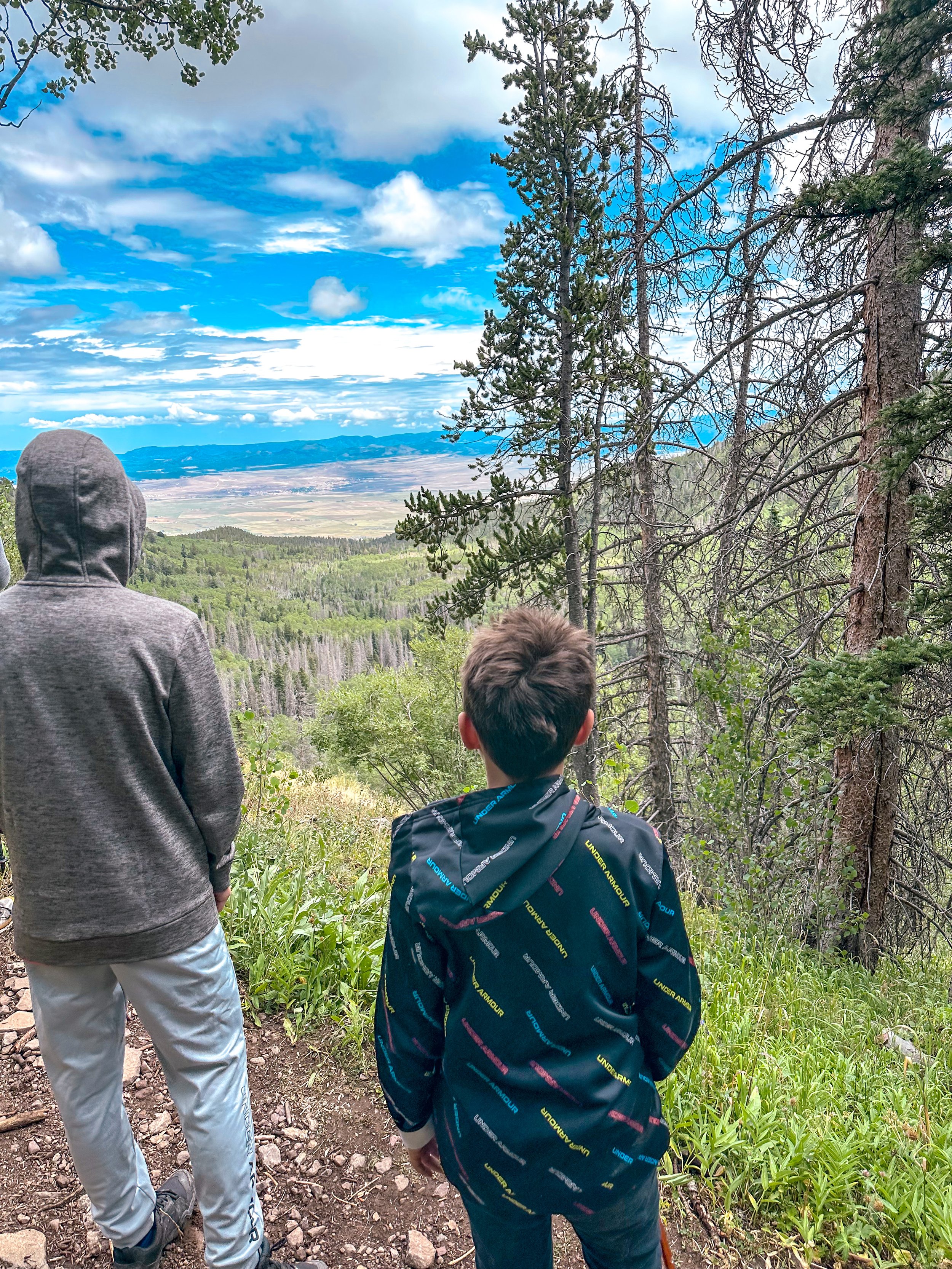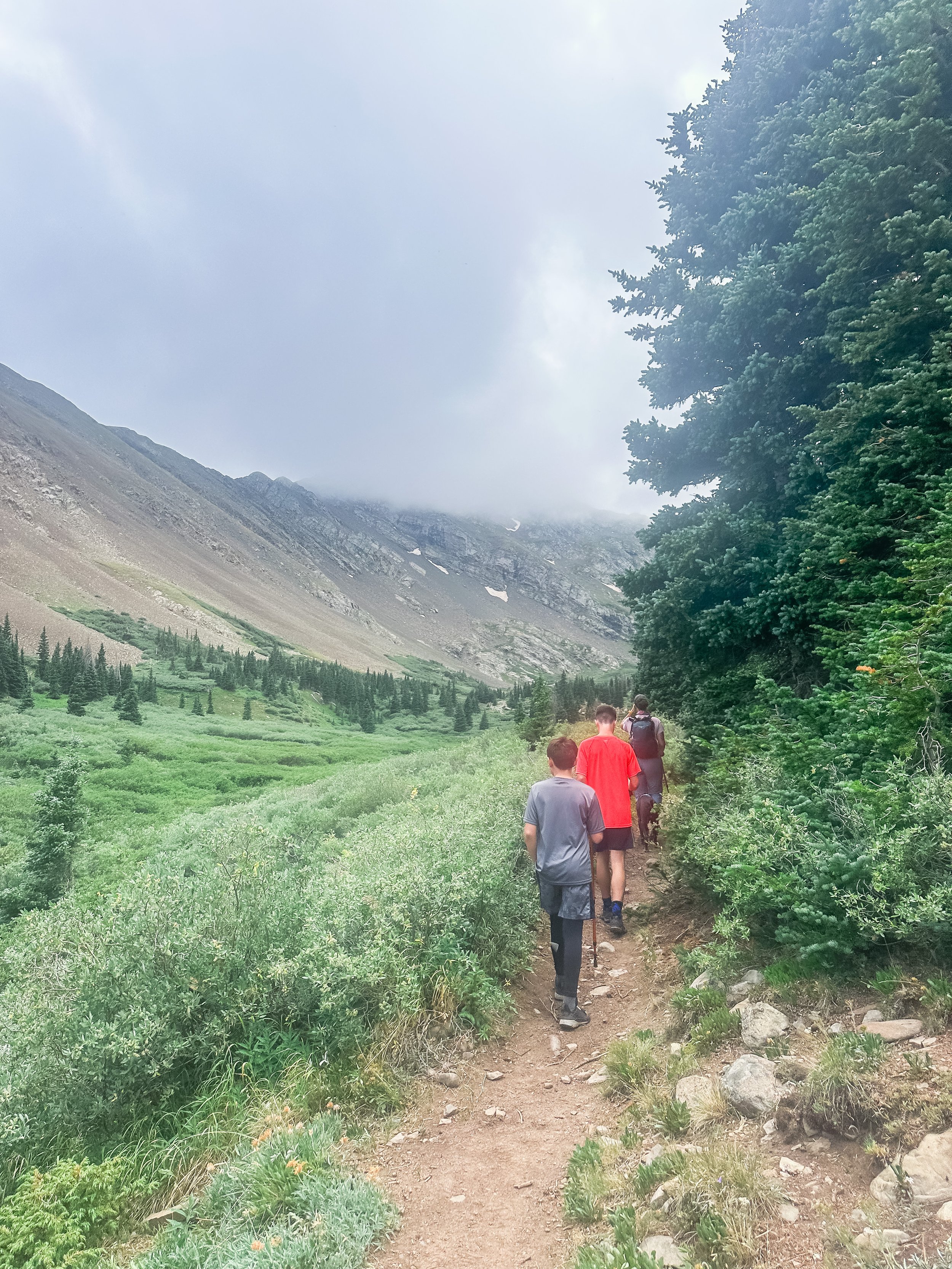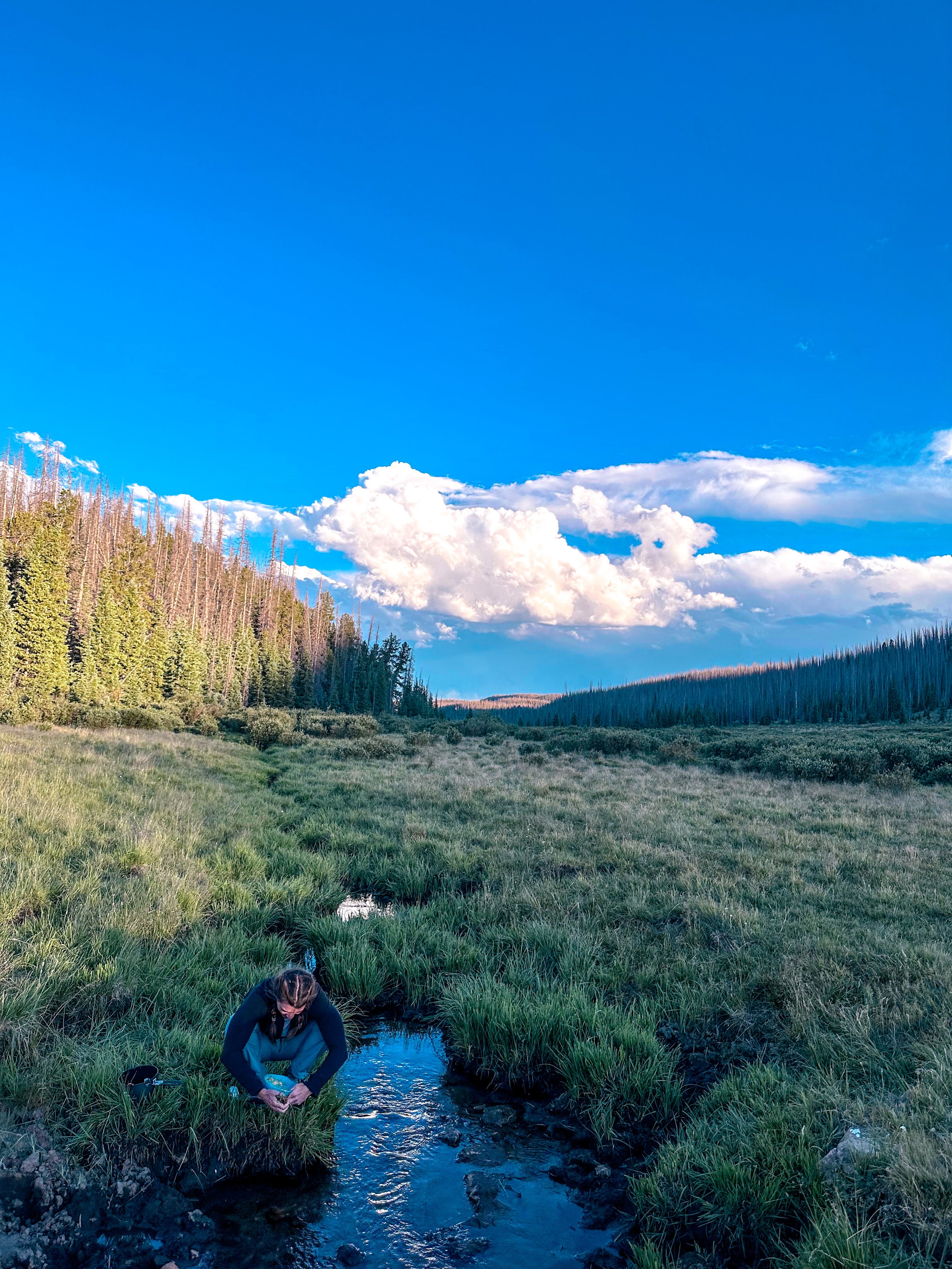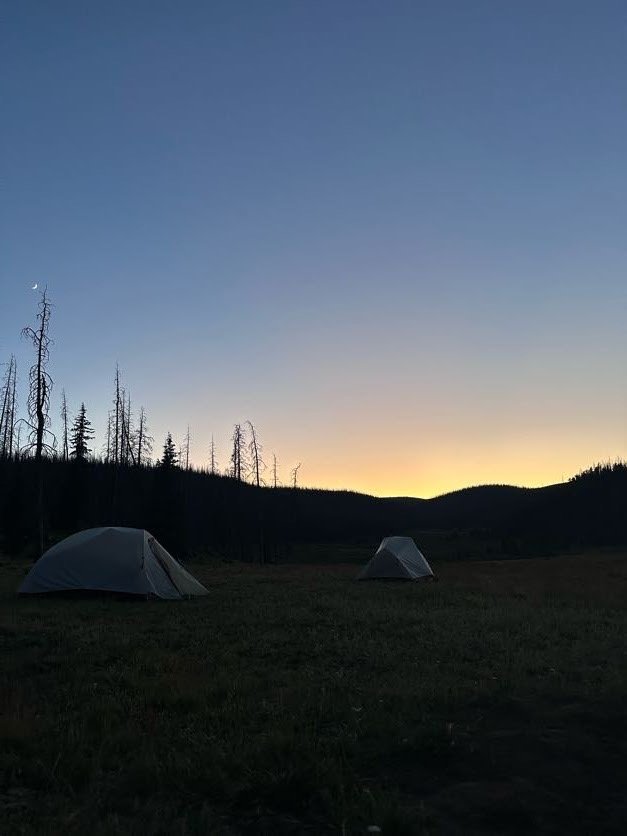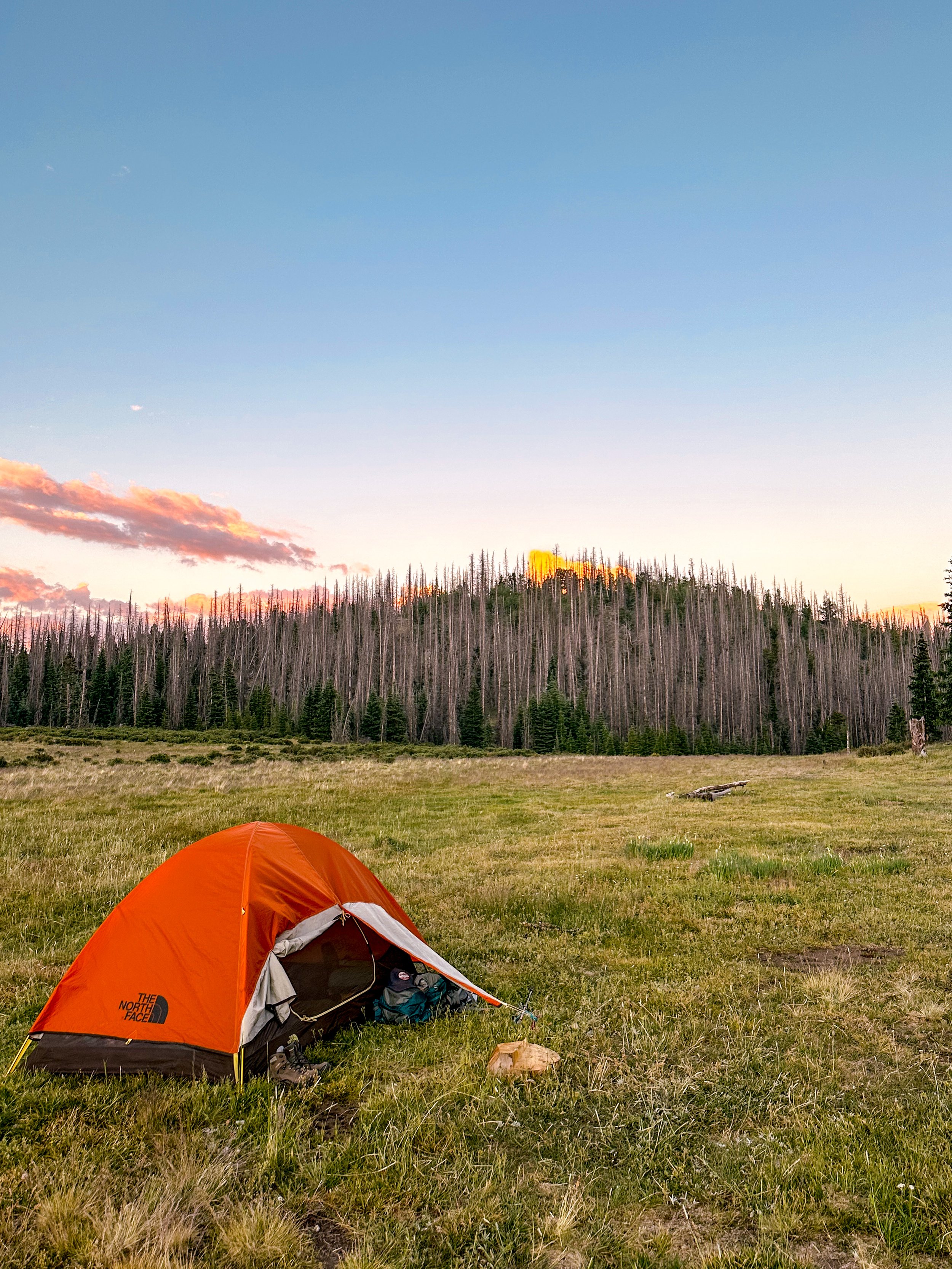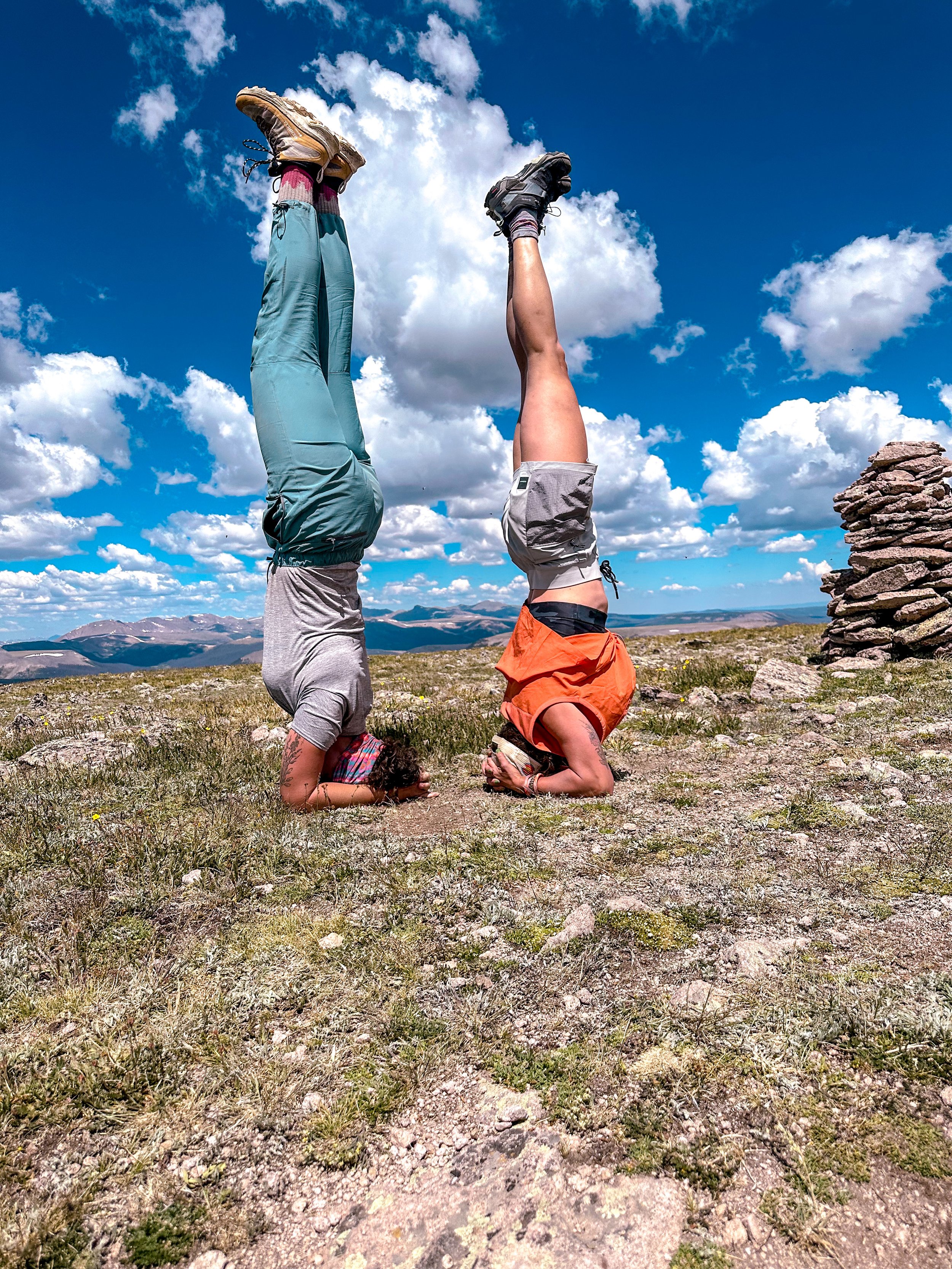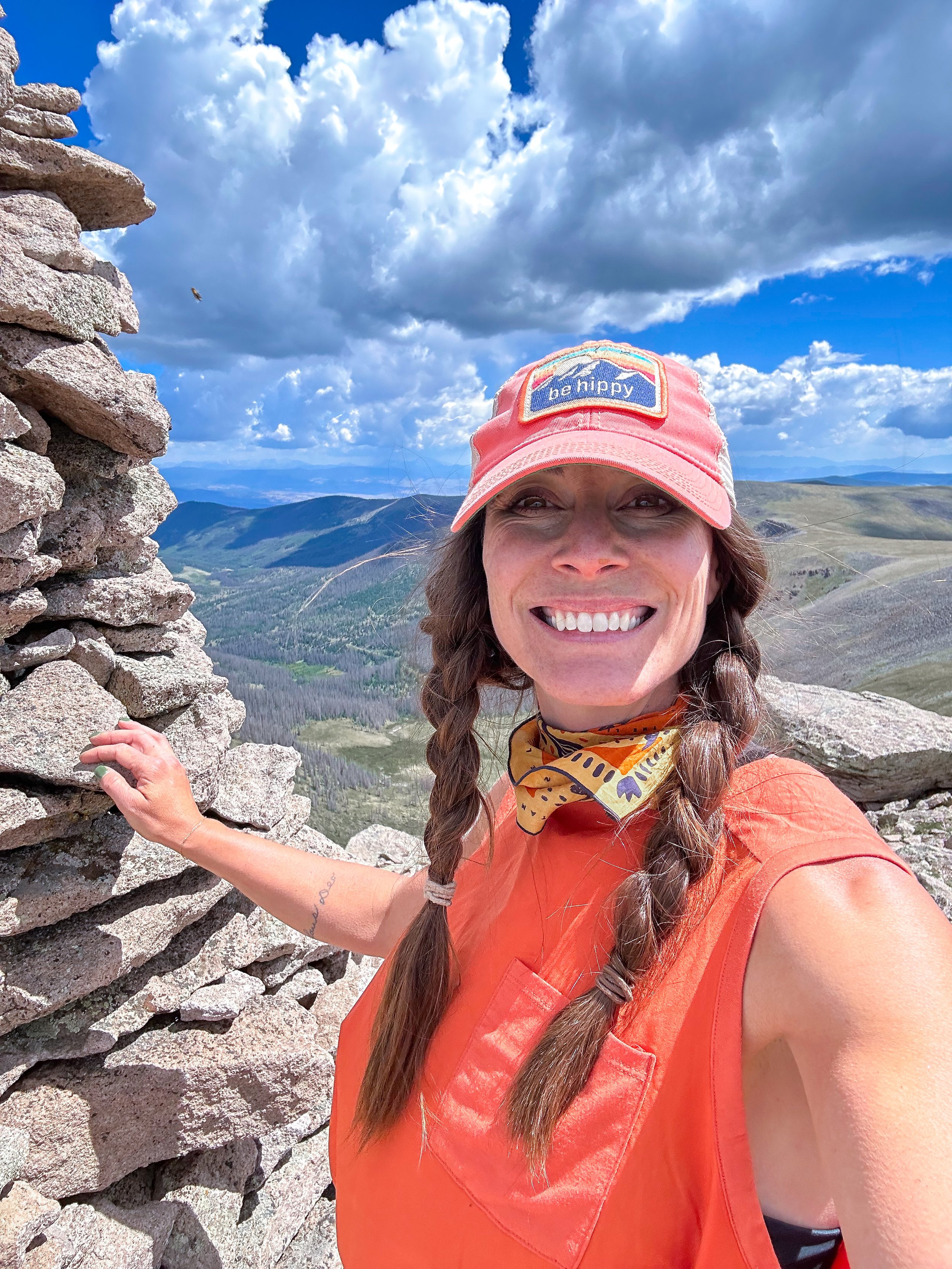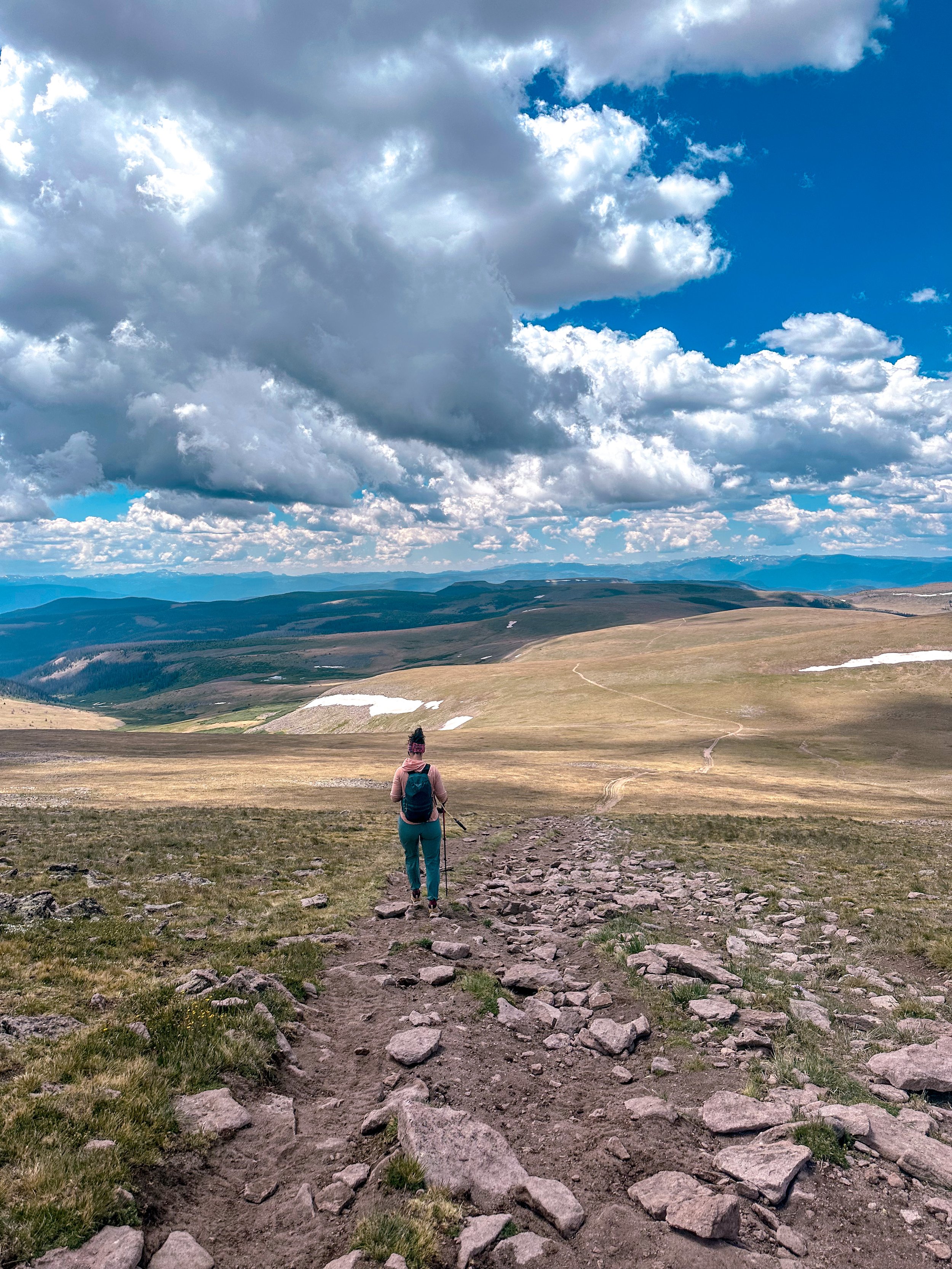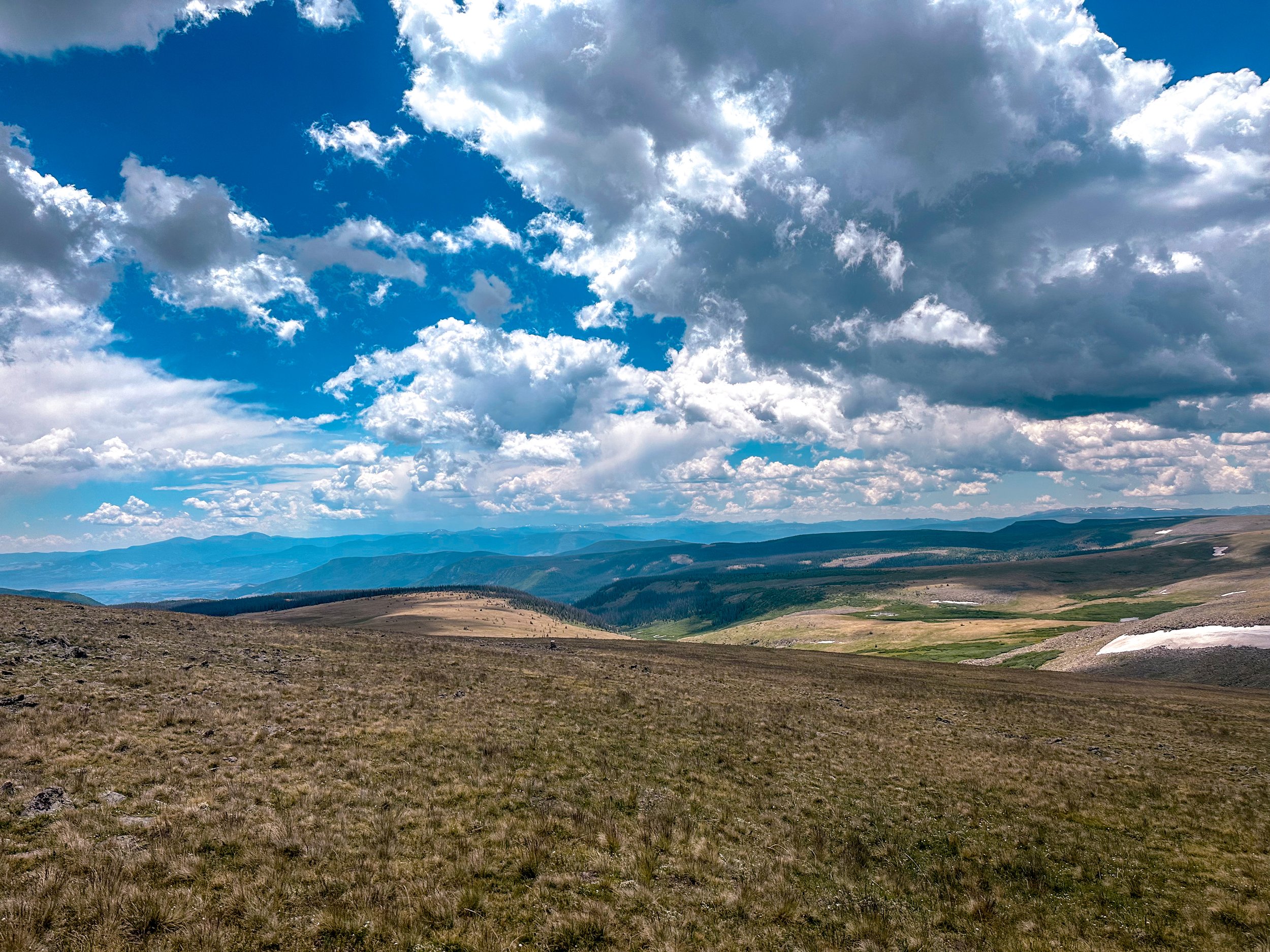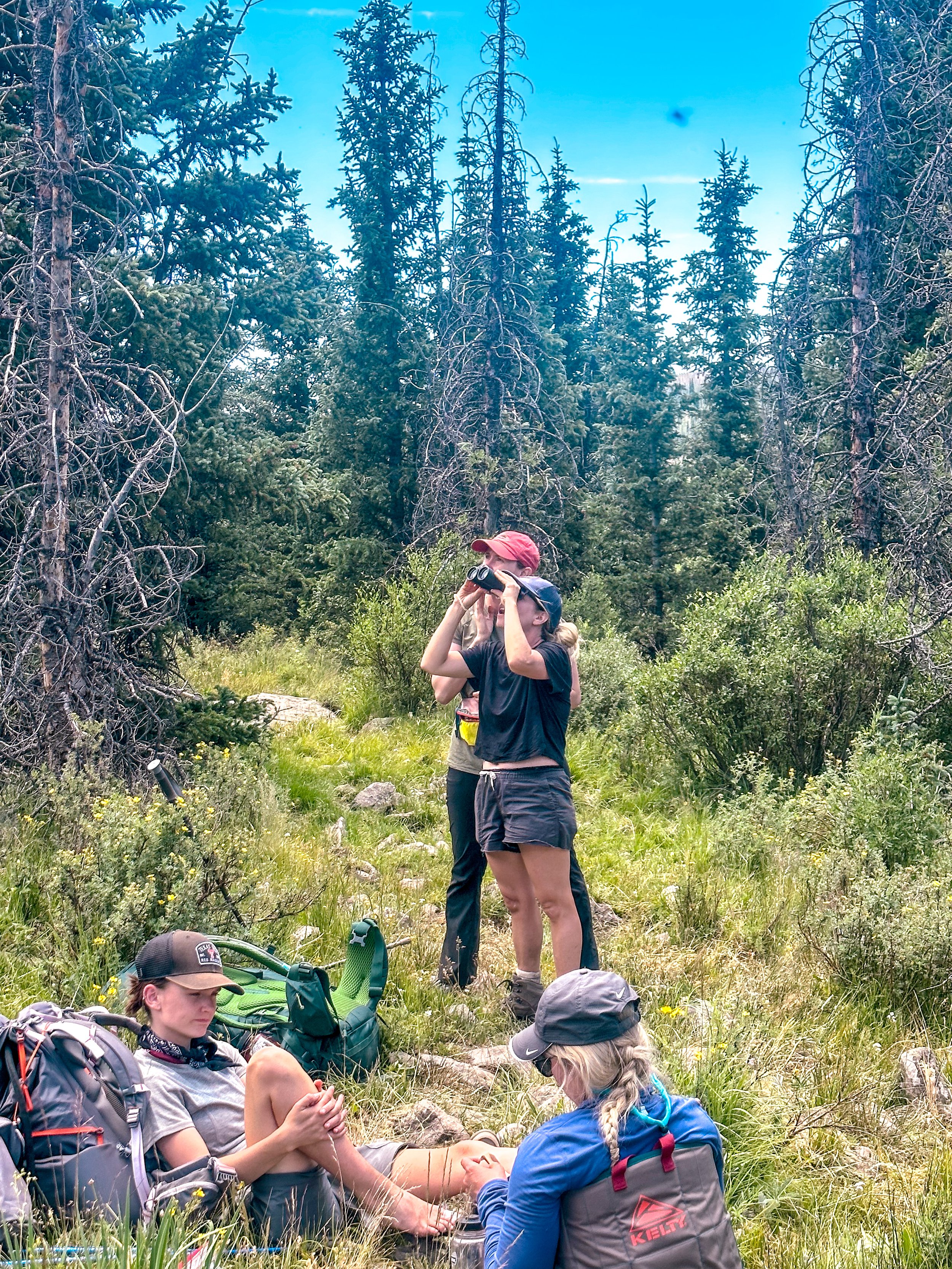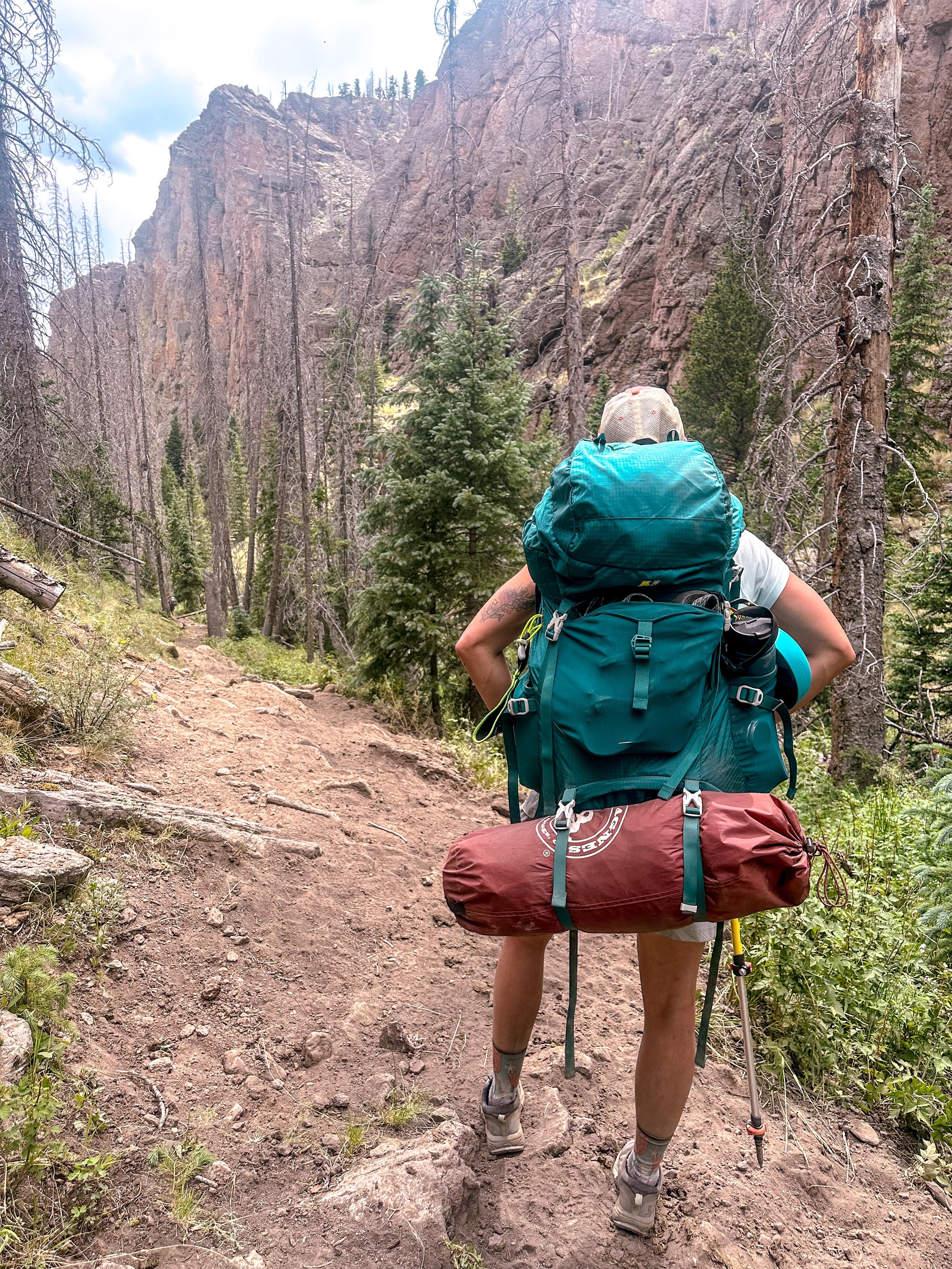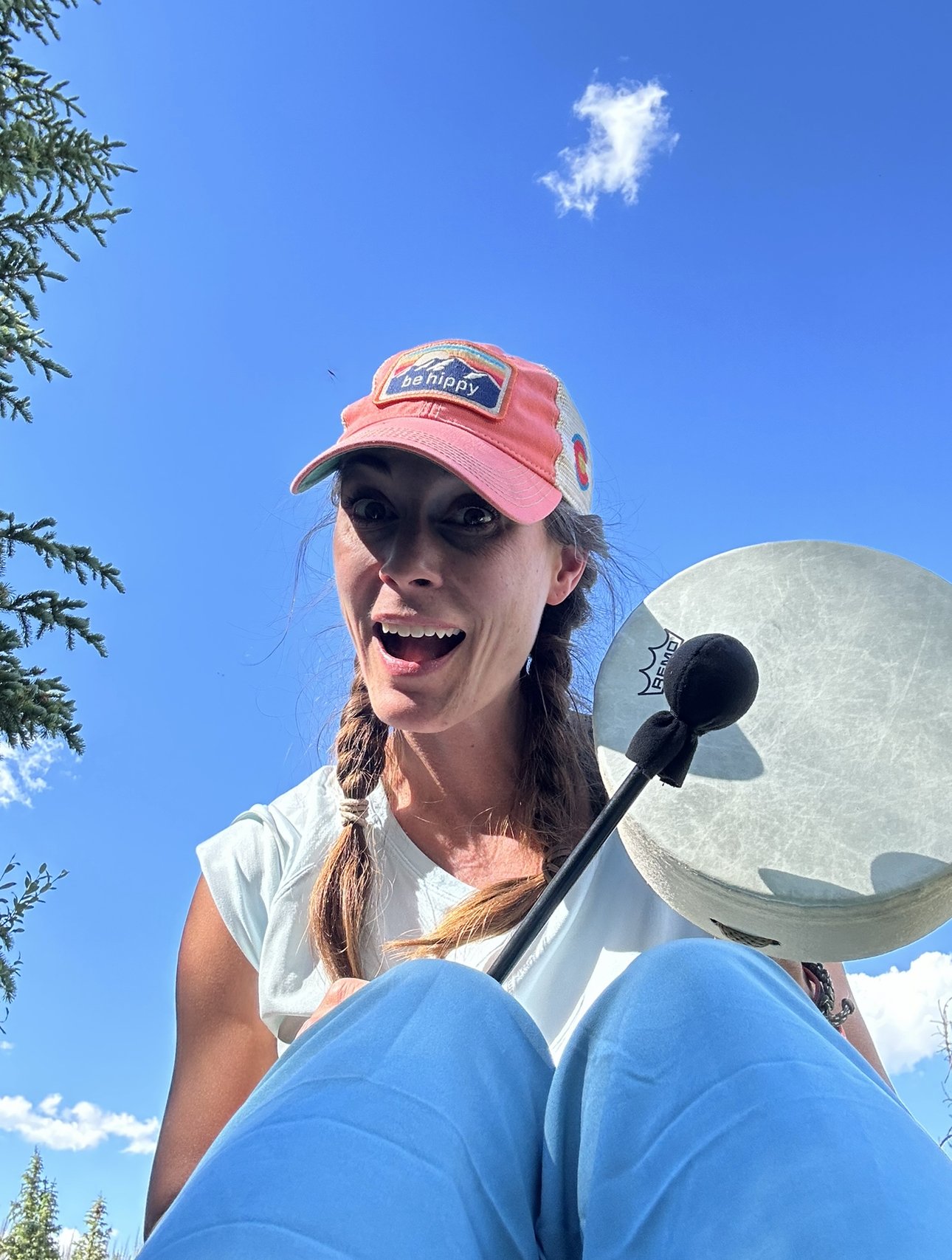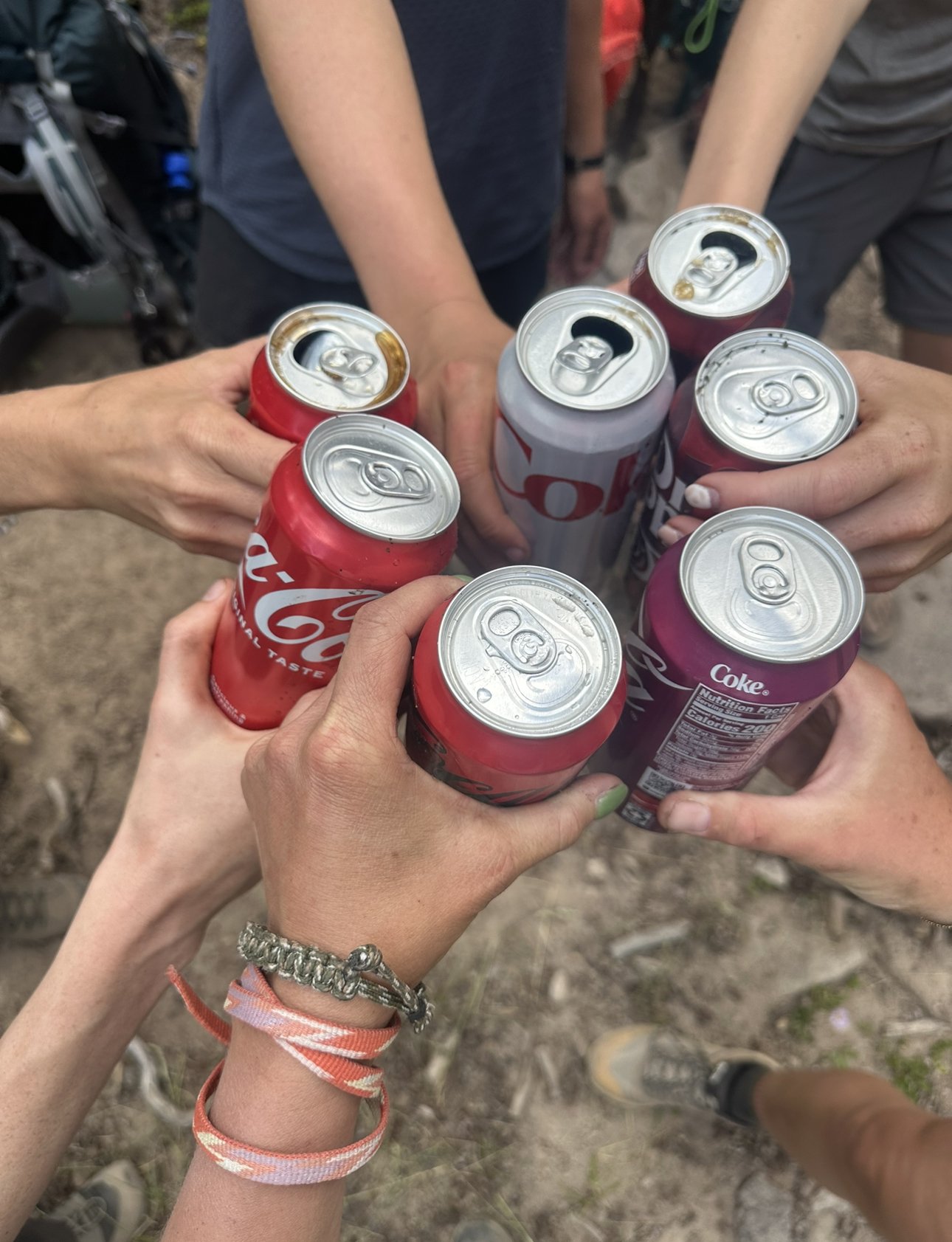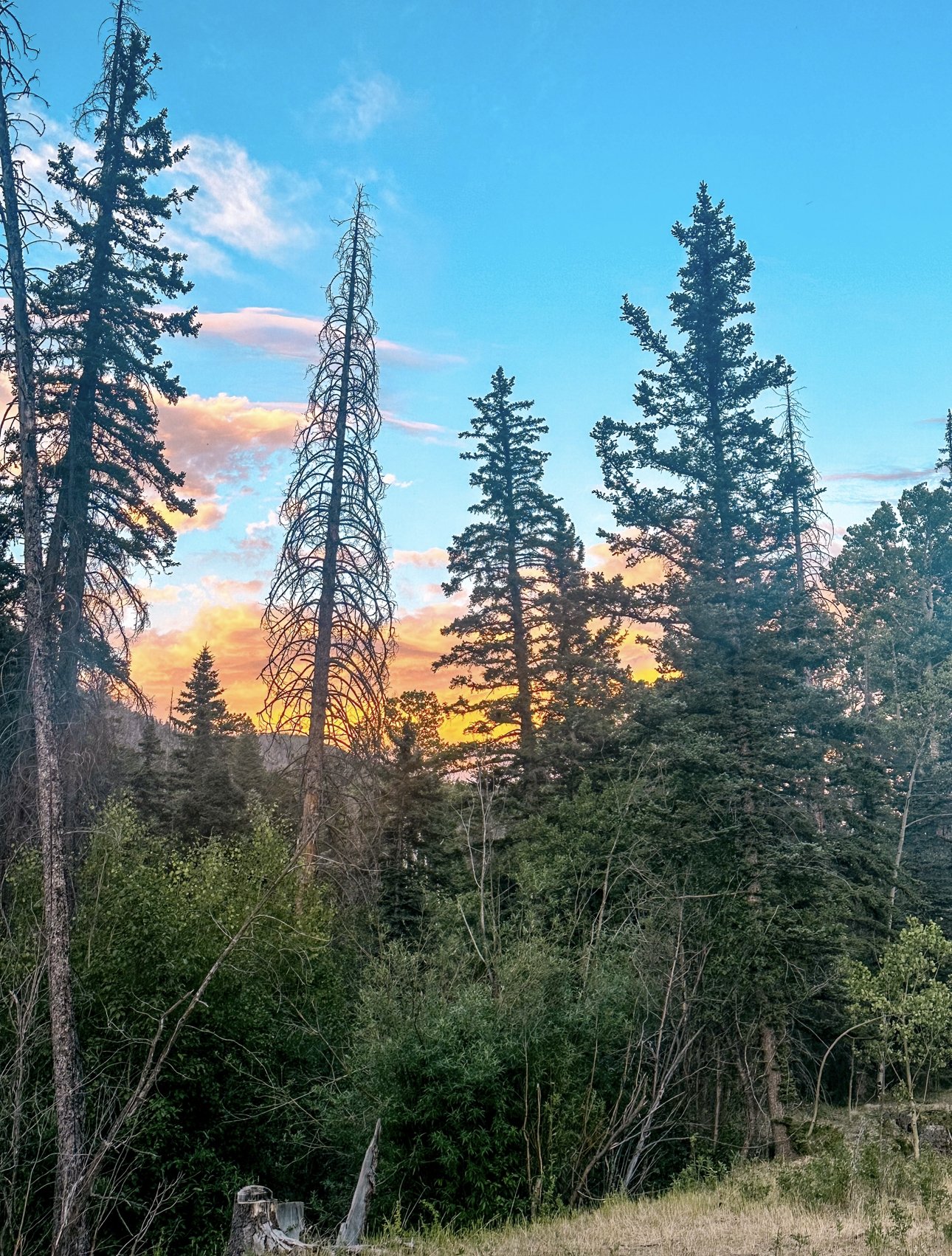As many of you know, I love children’s books and am always sharing titles that I think can help kids (and their grown-ups) navigate life a little more easily. Today, I found an absolute gem: Fail-A-Bration by Brad and Kristi Montague.
In a world where we're constantly bombarded by everyone's highlight reels on TikTok, Facebook, and Instagram, this book is a breath of fresh air. It shines a light on the everyday mistakes, setbacks, and disappointments we all face—and normalizes them. It doesn’t just say “failure is okay”—it invites you to celebrate it.
Yep, party hats and all.
So many of the children I work with don’t know how to deal with failure or discouragement. When something doesn’t go their way, it can lead to big, overwhelming behaviors that leave parents feeling heartbroken and helpless. But this book shifts the narrative: What if we didn’t treat failure like the end of the road—but the beginning of something valuable?
Fail-A-Bration encourages us to throw a little party when things don’t go perfectly. Not because we’re brushing off the hard stuff, but because we’re honoring the courage it takes to try—and the lessons learned along the way.
It reminds me of Inside Out, the Disney movie that brilliantly illustrates how our most meaningful memories often come not from our greatest achievements, but from working through sadness and disappointment. There’s growth in the grief of “not yet.”
I just hung my final diploma on the wall—and I’m so proud of it. But I also glance at my first diploma and remember the not-so-proud moments: horsing around, getting bad grades, and barely scraping by. That diploma wasn’t a celebration—it was a wake-up call. But it sparked something in me. I didn’t want to feel that kind of disappointment again, so I kept trying. I kept learning. And I grew.
Without that failure, I wouldn't be here today.
Our kids need to know that perfection isn't the goal—resilience is. A lost baseball game or not getting invited to a birthday party can really sting, but those moments aren’t the end of the story. They’re chapters. And sometimes, they’re the ones that shape us the most.
So, next time your child stumbles, consider throwing a mini Fail-A-Bration. Make a silly cake. Do a happy dance. Laugh about it. And remind them: trying is worth celebrating.
Let’s normalize the mess-ups. Let’s model resilience. And let’s make some beautiful, meaningful memories—failures and all.
Here are Fail-A-Bration resources you can use in your family, classroom, or work setting!
